As our parents age, it becomes increasingly important to ensure their safety, health, and well-being. For many adult children, the decision to move a parent into an assisted living facility can be challenging and emotionally fraught. Recognizing the signs that it may be time for your mom to consider assisted living is crucial in making an informed and compassionate choice. Here are five key indicators that it might be time to explore this option for your aging parent.
1. Decline in Physical Health
One of the most telling signs that your mom might benefit from assisted living is a noticeable decline in her physical health. This could manifest in various ways, such as frequent falls, difficulty walking or standing, weight loss, or a general decrease in mobility. If she has chronic conditions that require regular monitoring and medication management, and she struggles to keep up with these demands, it may be a sign that she needs more support than you can provide at home.
Assisted living facilities offer professional medical supervision and assistance with daily activities, ensuring that your mom receives the care she needs while maintaining as much independence as possible. Staff are trained to handle medical emergencies, manage medications, and provide physical therapy, which can significantly improve her quality of life.
2. Neglecting Personal Hygiene and Home Maintenance
If your mom is starting to neglect her personal hygiene or the upkeep of her home, it could be a red flag. Signs of this include wearing the same clothes for several days, an unkempt appearance, or a messy and cluttered living environment. These changes may indicate that she is struggling with the physical demands of daily tasks or experiencing cognitive decline.
Assisted living facilities provide a structured environment where residents receive help with bathing, dressing, grooming, and housekeeping. This support not only ensures that she maintains her dignity and health but also reduces the risk of infections and other health issues related to poor hygiene.
3. Cognitive Decline and Memory Issues
Cognitive decline is another significant indicator that it may be time to consider assisted living. Memory loss, confusion, disorientation, and difficulty managing daily routines can all point to conditions such as dementia or Alzheimer’s disease. If your mom is forgetting to take her medications, missing appointments, or getting lost in familiar places, these are serious concerns that need to be addressed promptly.
Assisted living communities often have specialized memory care units designed to provide a safe and supportive environment for residents with cognitive impairments. These units offer structured activities and therapies to stimulate mental function and slow the progression of cognitive decline, while also ensuring that your mom is safe and well-cared for.
4. Increased Isolation and Loneliness
Social isolation and loneliness can have severe effects on an older adult’s mental and physical health. If your mom is withdrawing from social activities, avoiding friends and family, or expressing feelings of loneliness, it might be time to consider a change. Isolation can lead to depression, anxiety, and a decline in overall health.
Assisted living facilities offer a vibrant community atmosphere with various social activities, events, and opportunities for interaction. By being part of a community, your mom can make new friends, engage in hobbies, and participate in group activities, all of which can improve her mood, mental health, and overall quality of life.
5. Caregiver Burnout
Lastly, it’s essential to consider your well-being as a caregiver. Providing care for an aging parent can be physically and emotionally exhausting. If you are feeling overwhelmed, experiencing chronic stress, or neglecting your own health and responsibilities, it may be time to seek additional support. Caregiver burnout can negatively impact both you and your mom, leading to inadequate care and increased tension.
Assisted living can provide the relief you need while ensuring that your mom receives professional, compassionate care. This allows you to focus on maintaining a healthy relationship with her, rather than being consumed by the demands of caregiving.
Making the Decision
Deciding to move your mom into an assisted living facility is never easy, but recognizing these signs can help you make a more informed and compassionate choice. It’s important to have open and honest conversations with your mom about her needs and preferences, and to involve her in the decision-making process as much as possible. Visiting facilities together, talking to healthcare providers, and seeking the advice of other family members can also provide valuable perspectives and support.
Ultimately, the goal is to ensure that your mom enjoys a safe, healthy, and fulfilling life, surrounded by the care and community she needs. By paying attention to these signs and taking proactive steps, you can help her transition to a new chapter that prioritizes her well-being and happiness.
If you or an aging loved one are considering a move to assisted living in Boulder City, NV, please contact the caring staff at Golden Brook today. Call (702) 931-0055
Golden Brook Residential Care Home is an assisted living facility located in Henderson, Nevada. The facility offers a variety of services to seniors who need assistance with their activities of daily living. These services include 24/7 care, medication management, meal preparation, laundry, housekeeping, and much more. The facility also offers activities such as bingo, exercise classes, and gardening to promote social interaction among residents. Overall, Golden Brook Residential Care Home provides a safe and comfortable environment for seniors who need assistance but still want to maintain their independence.
Our caregivers and staff members treat our clients, residents, and their families with the utmost respect. Our focus is to provide the highest quality of care and service with compassion and dignity.
- Helping Seniors Simplify Their Surroundings - April 4, 2025
- Is Your Senior Ready for a Move to Assisted Living? - March 21, 2025
- How Medical Advocacy Helps Seniors Manage Chronic Conditions - March 14, 2025




